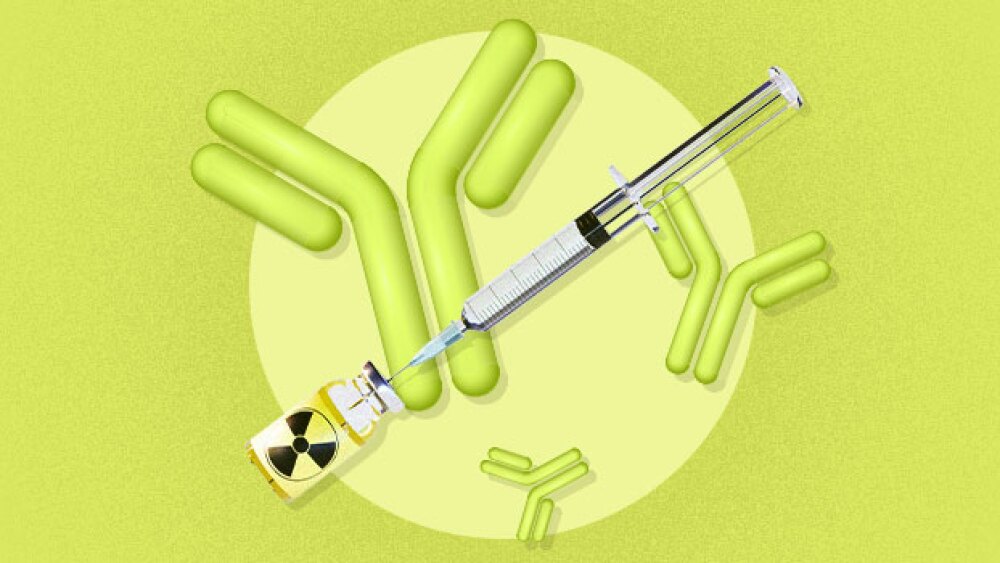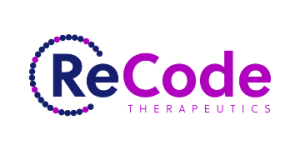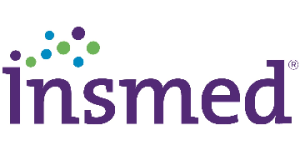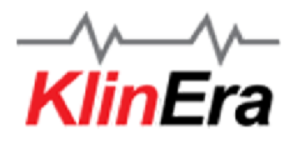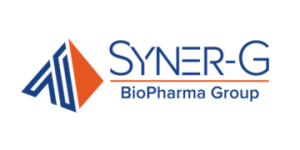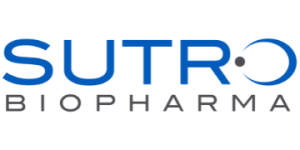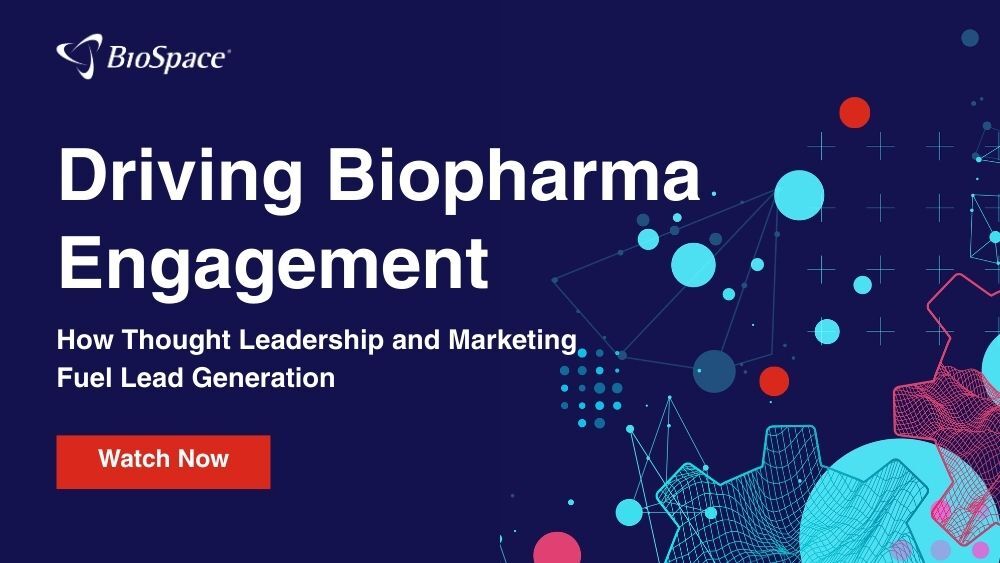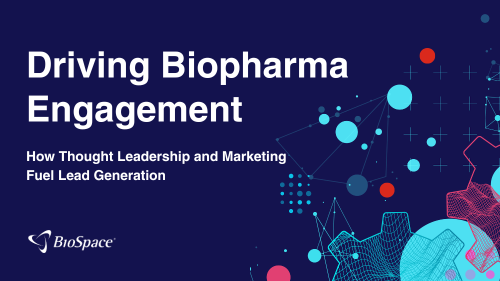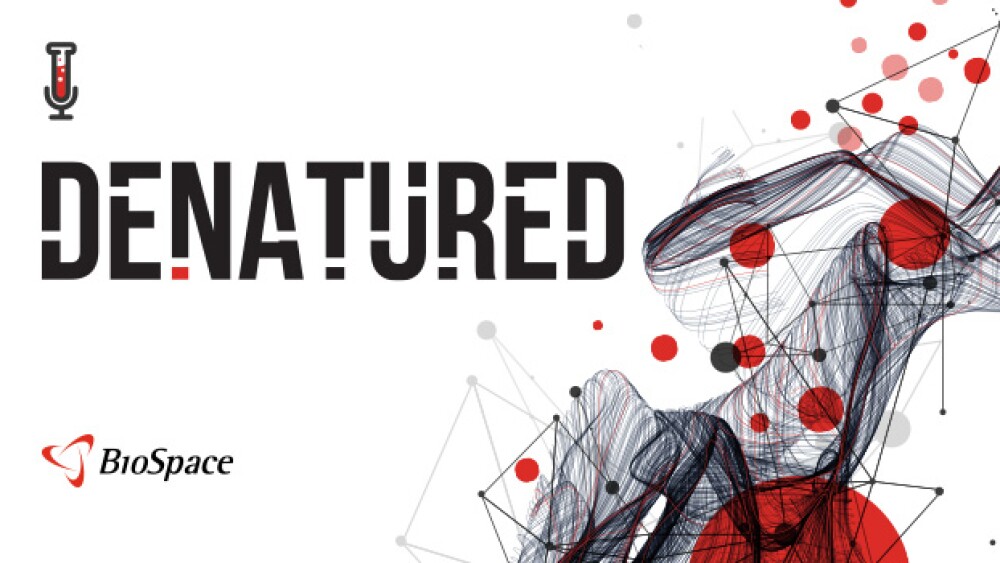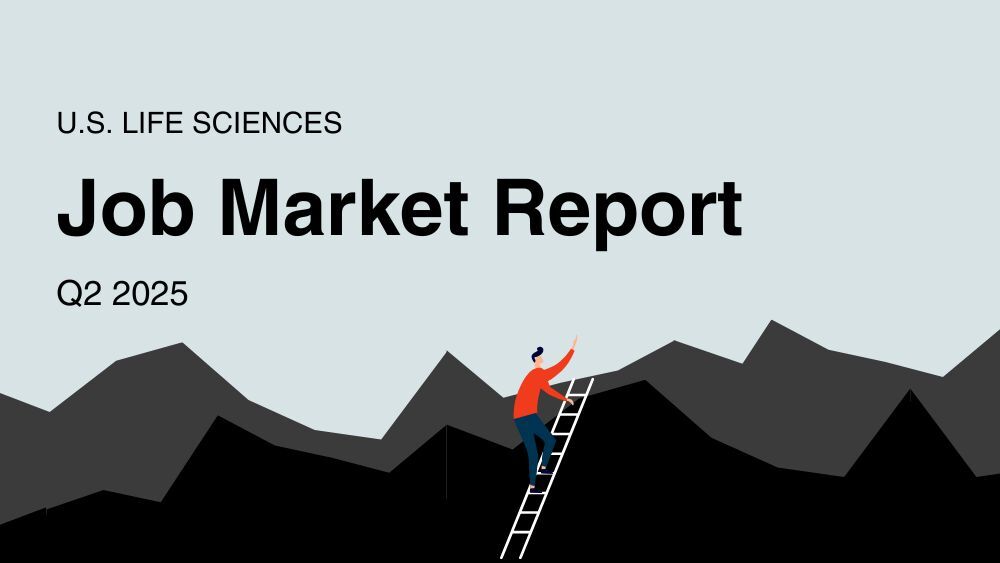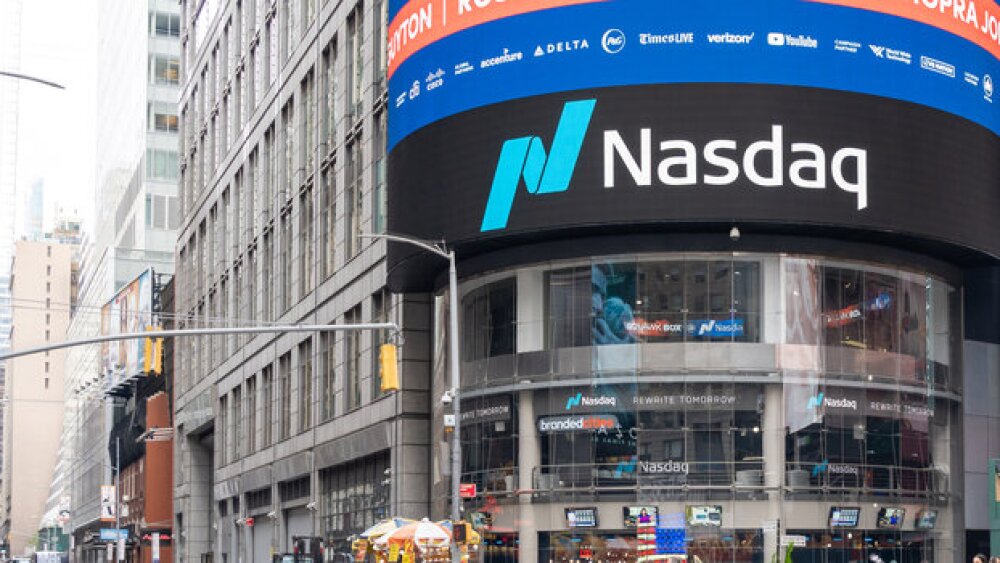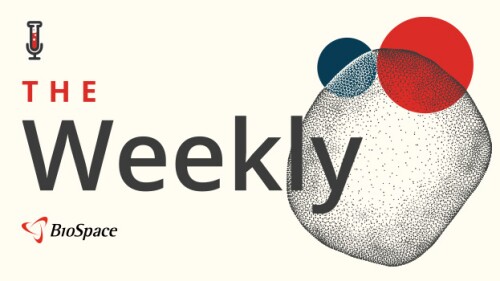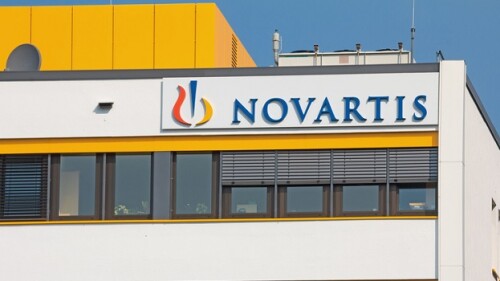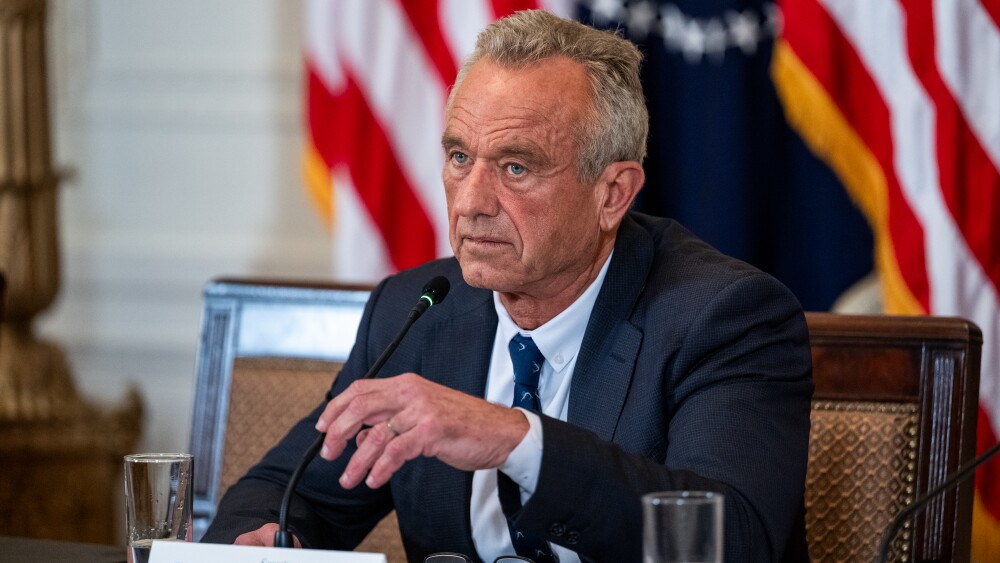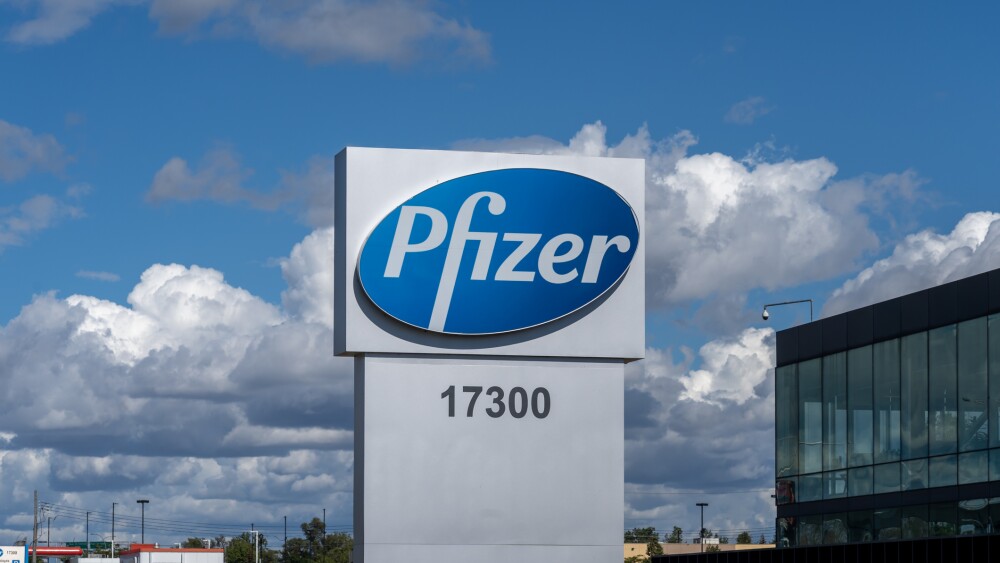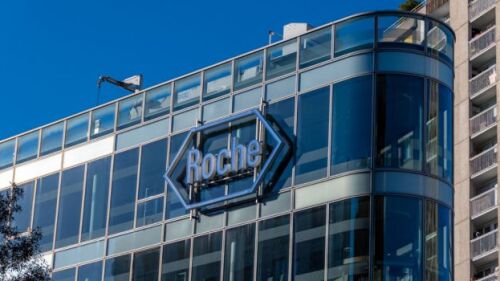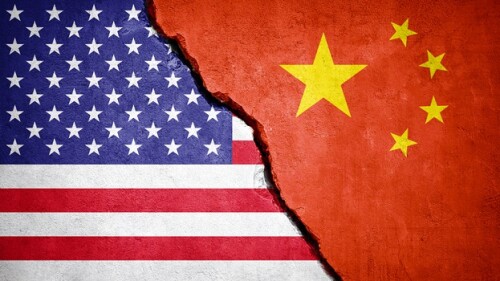The women’s health focused company acquired the drug for up to $954 million in 2021 through the acquisition of Forendo Pharma.
As an office of the executive branch, the Department of Health and Human Services “does not have the authority” to implement sweeping changes to the structure of the agency as created by Congress, a judge wrote.
Kennedy wants to expand the injury compensation program to include COVID-19 vaccines, while also stretching the “statute of limitations” to more than three years.
The safety update for Vyvgart rattled argenx’s shares on Monday, a reaction that analysts at William Blair said was “overdone.”
California’s life sciences manufacturing jobs dipped 3.7% in 2024, according to a new Biocom California report. Still, several companies made—and continuing making—significant manufacturing investments in the state as key trends shape the discipline.
The high court sides with HHS on HIV PrEP drugs; Health Secretary RFK Jr.’s newly appointed CDC vaccine advisors discuss thimerosal in flu vaccines, skip vote on Moderna’s mRNA-based RSV vaccine; FDA removes CAR T guardrails; AbbVie snaps up Capstan for $1.2B to end first half; and psychedelics take off again with data from Compass and Beckley.
FEATURED STORIES
Pharmaceutical companies are combining antibodies with radioisotopes in a bid to more precisely deliver radiation to cancers and tumors.
Massachusetts residents voted Tuesday against the Natural Psychedelic Substances Act, which would have seen some psychedelics, including psilocybin and dimethyltryptamine, legalized in the state.
In the wake of Pfizer’s voluntary market withdrawal of the popular sickle cell disease therapy, BioSpace looks at five investigational drugs currently making their way through the pipeline.
This week marked the start of the third-quarter earnings season, with Johnson & Johnson exceeding Wall Street’s expectations. Pfizer is projected to have a strong quarter, while Eli Lilly could pull ahead of Novo Nordisk in the obesity space. Moderna, by contrast, has a decidedly negative outlook.
Artificial intelligence won’t replace people in biopharma, but it is infiltrating every step of drug development, including in some ways that aren’t so obvious.
Sanofi looks to follow a deep history of Big Pharma offloading their consumer healthcare businesses.
FROM BIOSPACE INSIGHTS
Establishing trust through thought leadership is no longer optional in today’s cautious biopharma market. This webinar will show leaders how strategic insights and targeted outreach can turn awareness into high-converting leads. Watch now.
LATEST PODCASTS
In this third episode of Denatured’s series on AI in drug discovery, we discuss patient behavior and its influence on clinical trials and AI models with guests from GSK, IQVIA, Exelixis and DataHow.
Listen to this in-depth discussion on how AI can help identify end-to-end data weaknesses, as well as broader implications regarding the inevitability of human interaction, with guests from GSK, IQVIA, Exelixis and DataHow.
This week on The Weekly we talk struggles with GLP-1 drug shortages and what that might mean for Novo and Lilly competitors; Regeneron and Sanofi positive results for Dupixent in COPD. Plus, Merck buys Caraway, Beigene’s deal with Ensem, ups and downs for Flagship.
Job Trends
Genentech, a member of the Roche Group, announced data from the Phase III OCARINA II study of Ocrevus®, an investigational twice-yearly, 10-minute subcutaneous injection.
Subscribe to Genepool
Subscribe to BioSpace’s flagship publication including top headlines, special editions and life sciences’ most important breaking news
SPECIAL EDITIONS
BioSpace did a deep dive into biopharma female executives who navigated difficult markets to lead their companies to high-value exits.
BioSpace data show biopharma professionals faced increased competition for fewer employment opportunities during the second quarter of 2025, with increased pressure from further layoffs.
BioSpace did a deep dive into executive pay, examining the highest compensation packages, pay ratios and golden parachutes—what a CEO would get paid to leave.
DEALS
-
Shares of preclinical genetic medicines company Metagenomi tanked more than 30% on Friday afternoon in a disappointing debut for its initial public offering, bucking the trend of positive IPOs so far this year.
-
Despite not having a single candidate in the clinical stage, the Moderna-backed biotech is offering 6.25 million shares for $15 apiece in an initial public offering. Shares are expected to begin trading Friday.
-
Investors drove up the price of Kyverna Therapeutics’ stock by 59% in its initial public offering on Thursday afternoon, the first day of trading, reaching a peak per-share price of $35.01.
-
On Thursday, Kyverna Therapeutics is debuting on the Nasdaq with an upsized initial public offering which the biotech will use to support its pipeline of anti-CD19 CAR T therapy candidates.
-
While analysts are bullish on Novo Holdings’ $16.5 billion acquisition of Catalent, they say it raises questions for companies that have contracted the CDMO for manufacturing.
WEIGHT LOSS
-
Some analysts say so, and a recent study suggested Lilly’s tirzepatide beat Novo’s semaglutide at inducing weight loss, but there are other factors in the market race.
-
Despite recent concerns about suicidality and other neuropsychiatric issues, a recent study has found that Novo Nordisk’s Ozempic (semaglutide) is associated with lower risks of dementia, cognitive deficit and nicotine misuse.
-
Pfizer said Thursday it is pushing ahead with a once-daily, modified-release formulation of its oral GLP-1 obesity therapy danuglipron, with dose optimization studies in the second half of 2024.
-
Eli Lilly becomes the latest to make a major investment in immunology and inflammation, while antibody-drug conjugate biopharma Myricx Bio nets a large Series A round and new research highlights the potential and possible risks of GLP-1s.
-
As Novo Nordisk’s weight loss drug enters the Chinese market, its patent is expiring in two years and biosimilar competition is rising.
POLICY
-
The EPIC Act has been proposed with bipartisan and industry support to give small molecule drugs the same protection against price negotiation as biologics, but concerns over how to balance the federal budget could prevent a short-term fix to the IRA.
-
In the U.S., the chorus of opposition against the proposed buyout continues to grow and now includes the CEOs of Roche and Lilly, a broad coalition of unions and consumer groups and at least one senator.
-
Iskra Reic will continue to serve as the pharma’s senior vice president for Vaccines and Immune Therapies as she steps in for Leon Wang, who was detained by Chinese authorities in November.
-
Novartis is seeking to prevent the entry of generics for its blockbuster heart failure drug Entresto, its top-selling asset that brought in more than $6 billion in net global sales last year.
-
The payment scheme will tie gene therapy payments to improvements in health outcomes—and could potentially boost the uptake of these sickle cell disease treatments.
If you’re contemplating changing careers in the midst of the COVID-19 pandemic, the reality is that if it’s time to make a change, there’s no time like the present.
Oh, the world of professional email communication. It can be hard to navigate with various expectations across industries, age groups and cultures.
While there are all kinds of advice out there, here are a few things NOT to do in your next interview. Make sure to avoid these interview mistakes at all costs.
Being able to tell the difference between various life science roles can be difficult. To help, here is a guide to three commonly confused roles: Scientist I, Scientist II and Senior Scientist.
Let’s take a closer look at a few things that you should definitely do, as well as a couple that you shouldn’t, in order to make a good first impression.
When a recruiter or hiring manager is scanning it, you want them to be able to immediately understand your strengths, experiences and why you’re the right fit for the open position.
HOTBEDS
IN CASE YOU MISSED IT
Gray Delany’s ouster comes days after Health Secretary Robert F. Kennedy Jr. controversially axed 22 mRNA vaccine contracts under the Biomedical Advanced Research and Development Authority.
REPORTS
In this Employment Outlook report, BioSpace explores current workforce sentiment, job activity trends and the prospective job and hiring outlook for 2025, particularly as it compares to the previous year.
BioSpace’s third report on diversity, equity, inclusion and belonging in life sciences examines dramatic shifts in attitude around diversity initiatives.
CANCER
-
The overall survival data from the late-stage trial will help Pfizer in its bid to expand the label for Talzenna and Xtandi, potentially covering all patients with metastatic castration-resistant prostate cancer regardless of biomarker status.
-
The pediatric patients, with a rare neurodegenerative disease, were treated with bluebird bio’s Skysona to slow the progression of neurologic dysfunction. Six patients developed myelodysplastic syndrome and one patient developed acute myeloid leukemia.
-
After several high-profile failures, including BMS’ $1.5B breakup with Agenus, anti-TIGIT therapies are generating cautious optimism.
-
Opdivo’s approval for patients with resectable non-small cell lung cancer comes as the regulator recently raised concerns of overtreatment with this type of therapeutic regimen with platinum-doublet chemotherapy.
-
The acquisition was featured Monday in Roche’s Pharma Day presentation, which also included projections of more than $3 billion in annual sales from three early-stage obesity and diabetes drugs.
NEUROSCIENCE
-
After a long and challenging journey for its stem cell therapy NurOwn, BrainStorm Cell Therapeutics has aligned with the FDA on the parameters of a Phase IIIb ALS trial that is expected to begin by the end of 2024.
-
While type 2 diabetes and obesity are the primary conditions currently treated with blockbuster GLP-1 drugs, Novo Nordisk and Eli Lilly aim to enter additional markets.
-
As the DOJ and SEC look into two of its senior employees, Cassava Sciences’ CEO and one senior vice president have departed the company.
-
Asceneuron, which develops small molecules targeting tau protein aggregation, plans to use the funds to advance its Alzheimer’s disease asset into Phase II.
-
After a busy first half of 2024, several companies are expecting key data readouts in the neuropsychiatric and neurodegenerative disease spaces during the next six months.
CELL AND GENE THERAPY
-
Pfizer will go toe-to-toe with CSL Behring following the FDA’s Friday approval of its hemophilia B gene therapy Beqvez and will launch a warranty program based on the durability of response.
-
The Celularity CEO and founder tells BioSpace he believes that placenta-derived cells are the future of stem cell therapies to fight autoimmune disease, cancer, even aging.
-
While Sanofi restructures and parts with employees from U.S. and Belgian sites, a new company in the GLP-1 space emerges from stealth.
-
While Bristol Myers Squibb did not explicitly mention China as the company expands and diversifies its manufacturing capacity, Cellares said the BIOSECURE Act would be a boon to its own growth.
-
The regulator on Monday slapped Abeona Therapeutics with a Complete Response Letter for its investigational cell therapy pz-cel due to chemistry, manufacturing and controls issues.










